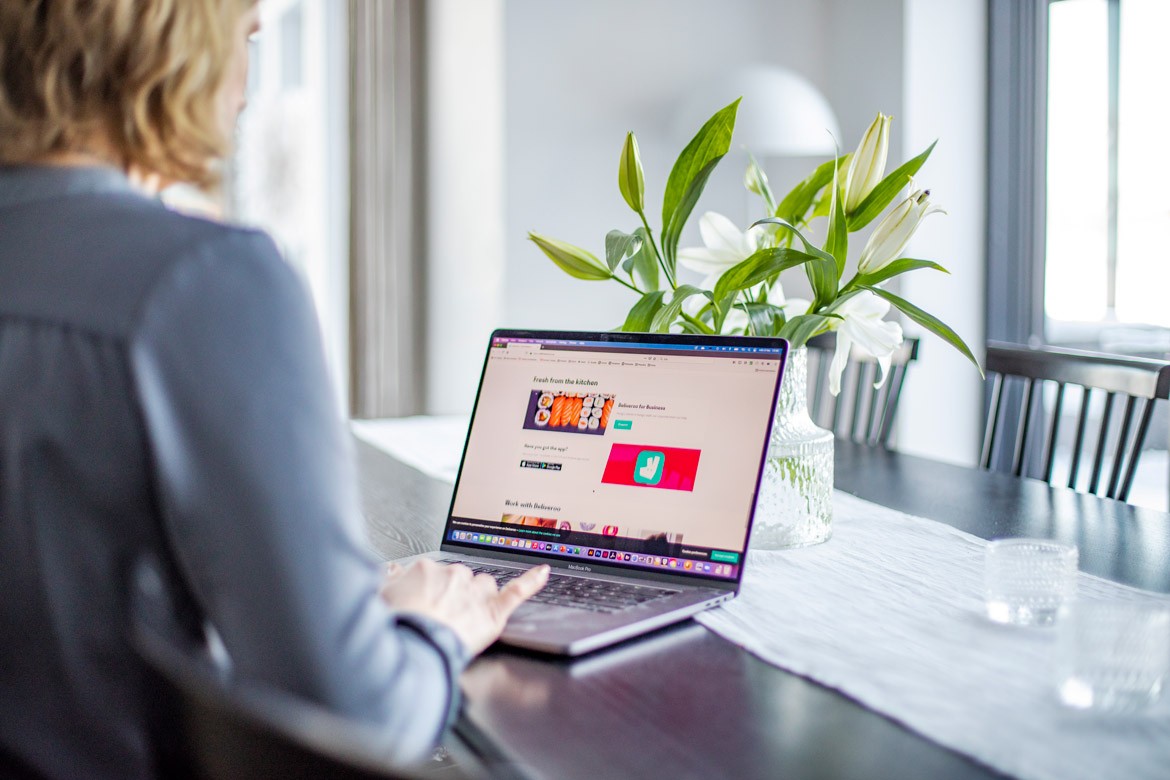E-commerce with home delivery increased by 54.9% and e-commerce with pick-up in stores increased by as much as 173.1%.
2020 was an exceptional year marked by the corona pandemic. The spread of covid-19 and the measures taken to slow it down have had very large negative effects on the world economy, Swedish society in general and on individuals. The grocery retail market, which is the sector that ifoodbag caters to primarily, has been affected in several ways. Homework and social isolation have driven new purchasing patterns with sharply increased digitalization and e-commerce among all consumer groups. The e-commerce share of total sales of groceries in Sweden increased in 2020 from 3.2% in January to 6.5% in December according to Swedish Dagligvaruindex (Food retail Index) by HUI Research. Total e-commerce increased by 94.5% compared to 2019, of which e-commerce with home delivery increased by 54.9% and e-commerce with pick-up in stores by as much as 173.1%.
Most major Swedish retailers testify that online sales of both loose picks and pre-packaged meal bags have increased explosively and that they initially needed to prioritize the supply chain.
Since the autumn of 2020, we have also noticed an increasing interest from store owners to evaluate ifoodbag’s various offers. One area has been to be able to use ordinary vehicles, instead of more expensive and environmentally inferior refrigerated vehicles, for home deliveries. Another to be able to offer subscriptions to doorstep deliveries and the most in demand has been for solutions that meet the needs for a smooth collection of online orders – Click & Collect. We are convinced that the new buying patterns are here to stay and will continue to increase even after the pandemic. With smart passive cooling systems, there is a lot to be gained in flexibility, efficiency, reduced environmental impact and, not least, a maintained cold chain all year round.
Vill du lära dig mer? Vänligen kontakta oss.


